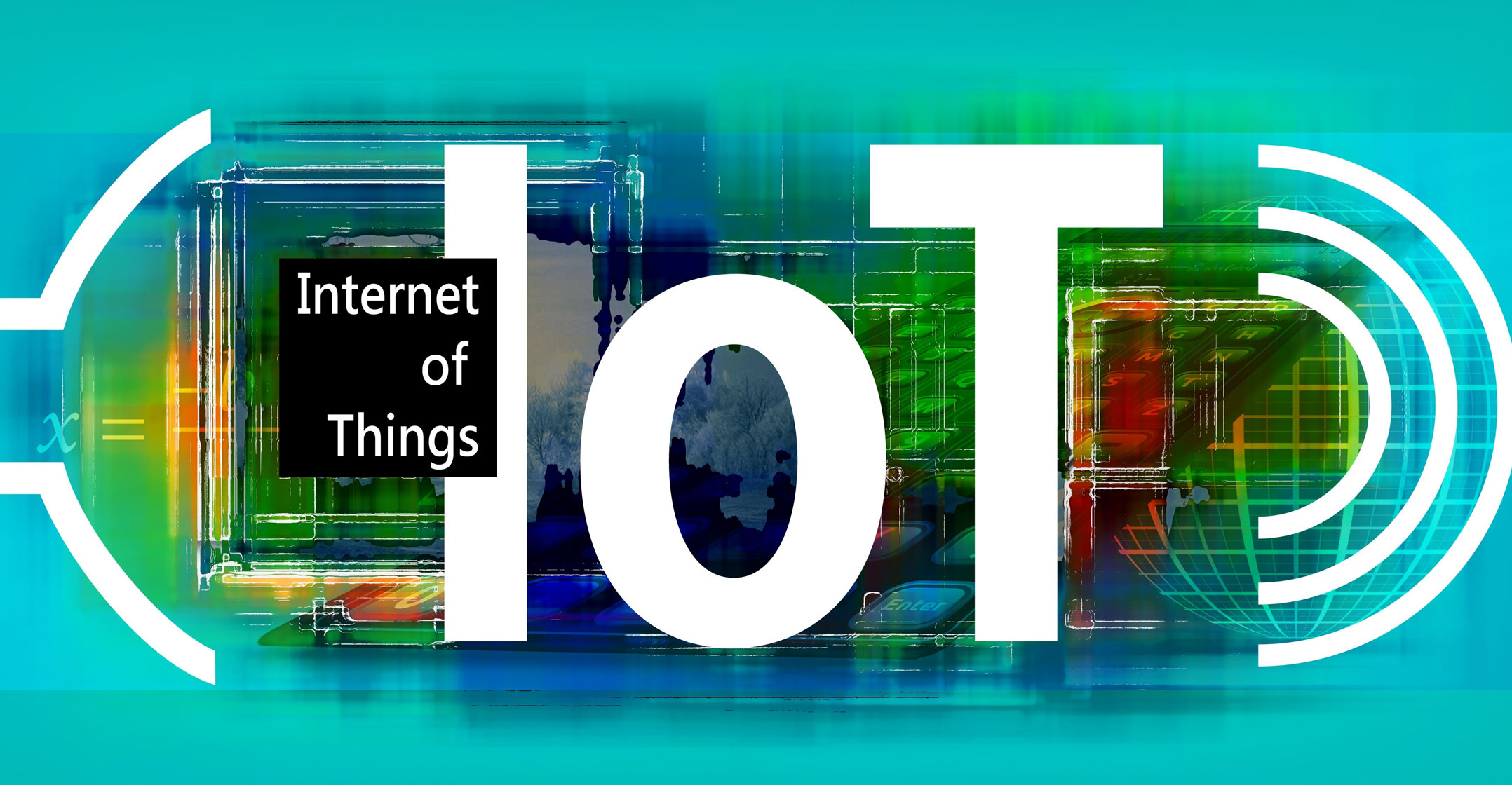
Tech Central: NB-IoT roll-out will rapidly increase narrowband IoT adoption
Read the original Tech Central article here: https://techcentral.co.za/nb-iot-roll-out-will-rapidly-increase-narrowband-iot-adoption-fliprom/171084/
In today’s ever-evolving world, catching the Internet of things (IoT) wave is critical. Surveys show four out of five businesses are investing in IoT. However, there are always questions when it comes to delivering long-term IoT solutions. Power consumption, data cost and reliable connectivity are only a few of them.
That’s why NB-IoT, or narrowband Internet of things technology, is expected to become a highly feasible option for IoT companies. Flickswitch, a leader in data Sim management solutions for enterprises in Africa, has expanded its SIMcontrol offering to include NB-IoT on the Vodacom South Africa mobile network as part of the managed APN solution. SIMcontrol now supports NB-IoT in South Africa as part of its drive to make IoT connectivity easier and more cost effective.
“Although it is a fairly new technology, many of our IoT customers are starting to test NB-IoT device connectivity in South Africa” says Kees Snijders, MD of Flickswitch. “In the low-power narrowband connectivity space, it will certainly drive IoT adoption across many industries.”
What is NB-IoT?
NB-IoT is a type of low-power wide-area network (LP-WAN) used by mobile network operators. It operates in licensed spectrum to guarantee quality of service. It provides strong coverage over large areas, even when devices are underground or deep within buildings, and offers greater power efficiency.
Using power-saving modes and extended discontinuous reception options, IoT devices can run on batteries for up to a few years. And for the first time, it allows networks to support upwards of 50 000 devices in a single cell without congestion. It is specifically designed for dual-directional low-data IoT connectivity.
Typical applications suited for NB-IoT devices include smart meters, remote sensors, asset tracking, security devices and agri-tech solutions.
 Take-up and coverage
Take-up and coverage
“As an LP-WAN technology, NB-IoT has had a slow start. But being in the licensed spectrum, with the backing of a major mobile network in terms or quality of service, adoption is set to grow rapidly,” says Snijders.
After starting with commercial NB-IoT roll-out in 2017, NB-IoT coverage in South Africa started with main centres and continues to grow with over 3 500 active sites, with plans to have most of the current LTE sites enabled for NB-IoT by 2025.
It is also seen as a way for IoT device deployments to hedge against 2G and 3G spectrum thinning, which is said to be planned between 2023 and 2025.
SIMcontrol managed APN
NB-IoT connectivity in South Africa runs on the SIMcontrol managed APN, a full-service APN-as-a-service. It features pooled data, Sim quota management and next-generation software-defined networking all managed through the SIMcontrol online platform.
This makes IoT SIM deployment and managing quick and easy. “Companies can set up a SIMcontrol account and get Sims provisioned for NB-IoT testing within a day or two,” says Snijders. “There are no APN contracts, and you only pay for what you use.”
SIMcontrol also offers NB-IoT roaming in 28 countries worldwide.
IoT connectivity costs
The SIMcontrol see-what-you-spend approach eliminates the risk of Sim abuse and reduces data connectivity costs. No long-term contracts and no volume commitments mean you only pay for what you need while having a real-time view of your spending across the entire Sim base.
SIMcontrol is built on core mobile network infrastructure to ensure maximum reliability which is critical for IoT deployments. Additional functionality required for IoT deployments include network location services, data session history, device setup SMSes, Sim profile look-ups, an advanced API for integration with customer systems, and a technical support team that understands IoT device connectivity issues.